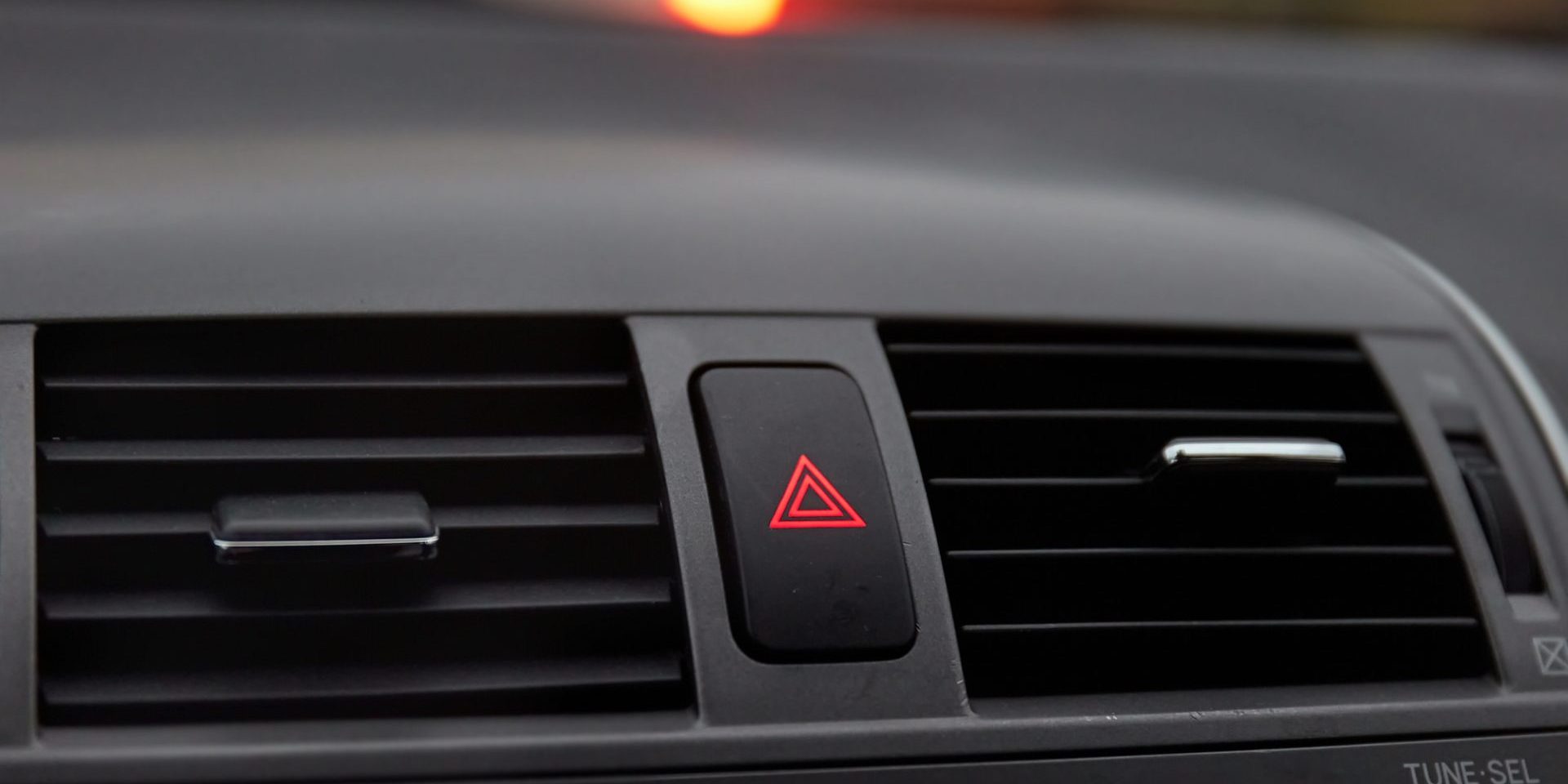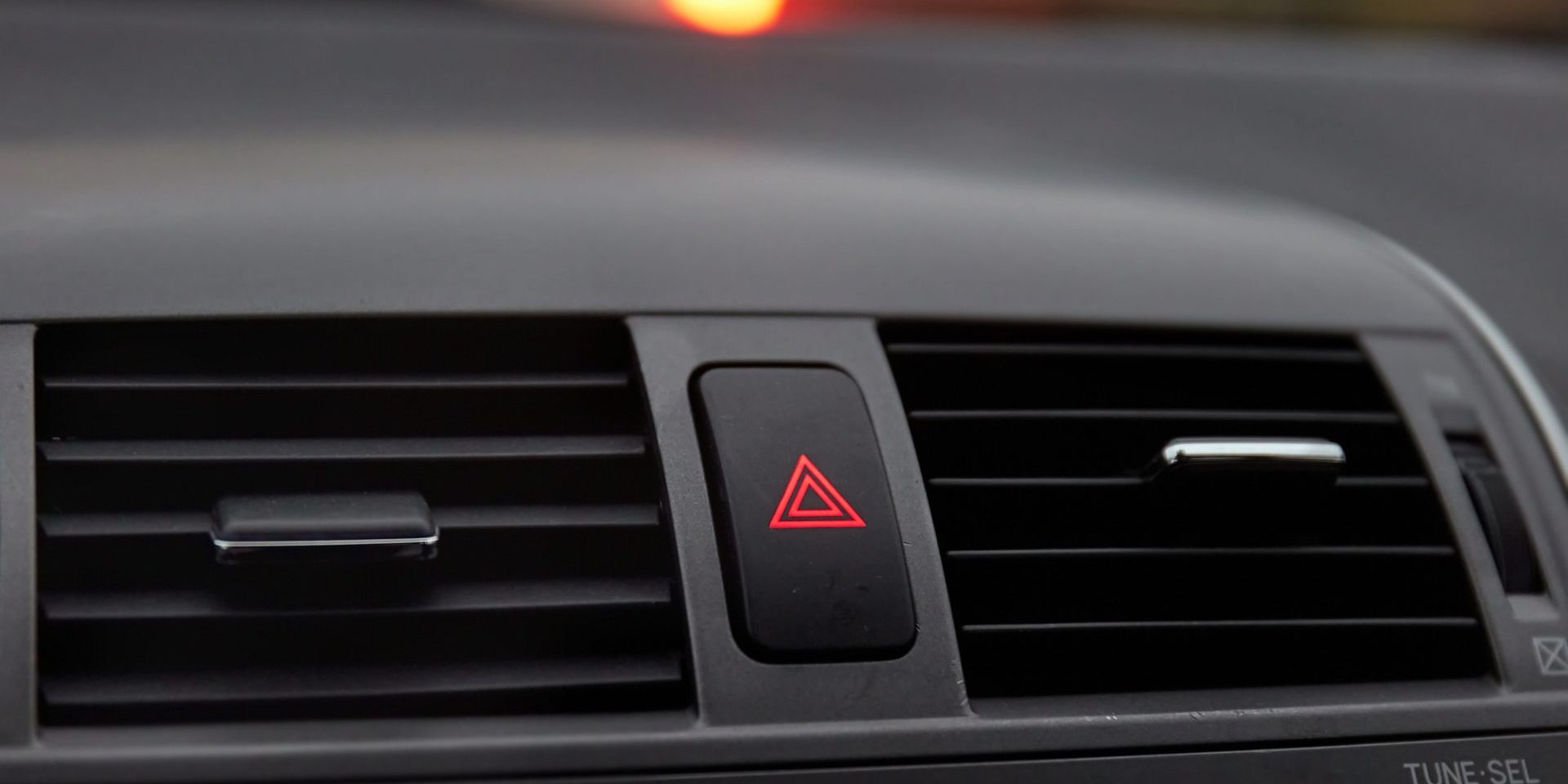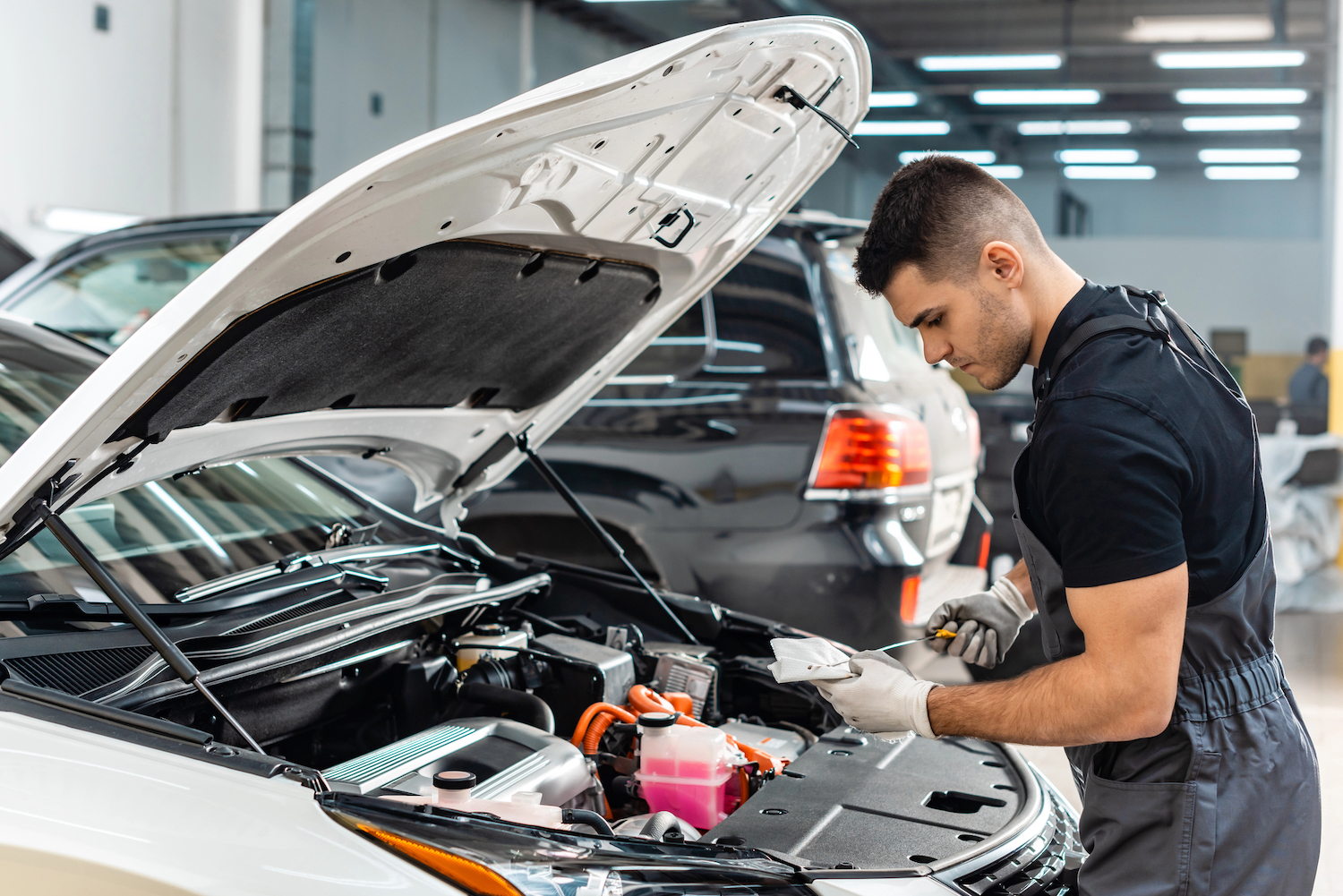Why Does My Car AC Smell?


Car AC smells are usually caused by mould, mildew, or bacteria buildup on the evaporator core due to trapped moisture, or a dirty/clogged cabin air filter. A musty, “dirty feet,” or vinegar smell indicates bacterial growth, while sweet smells can indicate refrigerant leaks, and burning smells suggest mechanical issues.
Common Causes for Car AC Smells:
- Mould/Mildew Build-Up (Musty/Old Socks Smell): Moisture condenses on the evaporator core when the AC runs. If the drain tube is clogged or moisture lingers, bacteria and mould grow.
- Dirty Cabin Air Filter (Dusty/Mouldy Smell): The cabin filter traps debris, leaves, and moisture, creating a breeding ground for bacteria.
- Refrigerant Leak (Sweet/Chemical Smell): A leak in the AC system can produce a distinct, somewhat sweet odour.
- Dead Animal or Debris (Rotten Smell): Small critters can get trapped in the ventilation system.
- Burning Rubber/Oil: Indicates a worn drive belt or fluid leak.
How to Fix or Prevent the Smell:
- Replace the Cabin Air Filter: This is the easiest first step to remove trapped debris and odours.
- Disinfect the AC System: Use a specialised AC cleaner or antibacterial spray in the air intake vents to kill mould and bacteria.
- Clear the Drain Tube: Ensure the evaporator drain tube is not clogged to allow water to escape.
- Run the Heater: Run the heater on high with windows down for a few minutes to dry out the system.
- Preventative Maintenance: Run the AC regularly to prevent stagnant moisture, even in winter.
If the smell persists or smells like chemicals/burning, it is recommended to have a professional check for leaks or mechanical issues.
AC smells and how to fix them
If your car air conditioning smells bad, it is almost always biology plus moisture. The evaporator is a cold, damp surface hidden in a dark box, which is basically a luxury apartment for mould, mildew, and bacteria. Add a dirty cabin filter or a blocked drain and the smell gets pumped straight into your face.
The useful part is this: the smell type usually points to the source, and you can diagnose most of it quickly.
1. Musty, dirty feet, or vinegar smell
This is the classic evaporator problem. When AC runs, humid air hits the cold evaporator core and water condenses on it. That water should drip into a tray and leave the car through a drain tube. If water lingers on the evaporator, microbes colonise the fins and the smell shows up most when you first start the car.
A vinegar note often means bacterial growth rather than pure mould. A dirty sock smell is often mildew. Both follow the same pattern: the system stays damp between drives, or the drain is not clearing water properly.
You usually notice it:
- On startup, especially after the car sat overnight
- When switching from fresh air to recirculation
- When the fan first comes on, even before the air feels cold
What makes it worse in real life is short trips. The evaporator gets wet, then you shut the car off before it has time to dry. Do that daily and the smell becomes a feature.
2. Dusty, stale, or mouldy smell that gets worse with fan speed
This often points to the cabin air filter. The filter catches pollen, road dust, leaf bits, and moisture. Once it loads up, airflow drops and the filter becomes a damp mat that holds odours. If you smell it more strongly when the fan is on high, that is a clue the smell is being pulled from the intake path and the filter housing rather than coming from the refrigerant circuit.
A clogged filter can also make the evaporator stay wetter. Reduced airflow means less drying and more time spent in the damp zone where growth thrives.
Filters can also be installed poorly. A filter jammed in crooked can leave gaps that let debris bypass and pile up in the housing, which then rots and smells.
3. Sweet or chemical smell
A sweet, solvent-like smell can indicate a refrigerant leak, or it can be cleaner or fragrance residue that got into the vents. The difference is consistency and symptoms.
If it is a refrigerant-related issue, you often notice:
- Cooling performance dropping over time
- The compressor cycling oddly, or failing to keep the air cold at idle
- An oily film around AC hose fittings or service ports under the bonnet (hood)
Refrigerant itself is not supposed to be in the cabin airflow. A leak can allow refrigerant oil and vapour to escape near the HVAC case or lines. That smell is a warning sign, not an annoyance to mask.
If the smell is sharp, makes your eyes sting, or appears with weaker cooling, treat it as a mechanical problem and stop trying to fix it with sprays.
4. Rotten or decaying smell
This is usually organic debris in the intake, or in worst cases, a trapped animal. Leaves and small twigs can build up at the base of the windscreen where the fresh air intake sits. In wet weather, that debris stays damp and starts to break down. The smell is often strongest on fresh air mode and weaker on recirculation, since recirculation reduces intake airflow.
A dead animal smell is hard to miss and tends to persist regardless of settings. If the smell is truly foul and does not change with AC on or off, something likely got into the ducting or blower housing. That is not a spray fix. It usually needs the cabin filter housing opened, the intake area cleared, and sometimes the blower motor removed to access the debris.
5. Burning rubber, burning oil, or hot plastic smell
This is not the usual evaporator mould story. A burning smell can mean:
- A slipping drive belt driving the compressor pulley
- Oil dripping onto hot engine components
- Electrical overheating in the blower motor circuit
- A clogged cabin filter causing the blower motor to work harder and heat up
If the smell is strongest under the bonnet (hood), or you notice smoke, stop and investigate. Burning smells are the category that can escalate fast. Do not ignore them because you are late.
Replace the cabin air filter first
This is the easiest, cheapest, highest success first step. A new filter can remove a major odour source and restore airflow, which helps the evaporator dry out.
Replace it even if you replaced it “recently” but you do lots of short trips, park under trees, or drive in dusty areas. Filters load quickly in those conditions. Make sure it is installed with the airflow direction arrow correct.
After replacement, run the fan on high and check if airflow improved. Stronger airflow means less moisture retention and less smell over time.
Disinfect the HVAC system the right way
If the smell is musty, you need to kill growth on the evaporator, not perfume the vents. A proper AC cleaner is designed to reach the evaporator through the intake or drain path.
There are two common approaches:
- Intake treatment, sprayed into the fresh air intake with the fan running
- Evaporator foam cleaner inserted through a tube into the evaporator housing or drain area
The goal is contact time on the evaporator fins. If you only spray into the vents, you often treat the last few centimetres of ducting and miss the real colony.
After treatment, run the fan to dry things out and clear residue. If you skip drying, you can trap more moisture and restart the cycle.
Clear the evaporator drain tube
A clogged drain keeps water in the HVAC case, which keeps the evaporator wet long after you turn the car off. That is prime mould territory.
Signs of a drain problem include:
- Water sloshing sounds behind the dash
- Wet passenger footwell carpet
- A musty smell that returns quickly after cleaning
Clearing a drain tube can be simple, yet do it carefully. Forcing tools into a drain can puncture the drain nipple or dislodge seals. If you are unsure where the drain exits under the car, or access is tight, this is a sensible point to hand the job to a shop.
Dry the system using heat and airflow
A simple habit can reduce smells dramatically. Before you park, switch off the AC compressor but leave the fan running for the last few minutes. This blows warmer air across the evaporator and helps it dry.
If the smell is already present, run the heater on hot with the fan high for several minutes, windows down if needed, to drive moisture out. This is not glamorous, yet it works because mould hates dry conditions.
Prevention that actually works
Smells return when moisture stays trapped. Prevention is mostly moisture management.
Do these consistently:
- Replace the cabin filter on schedule, and earlier if you do short trips or park under trees
- Keep the intake area at the base of the windscreen clear of leaves
- Use recirculation when cooling, yet switch to fresh air occasionally to keep the intake path from staying stagnant
- Run AC year-round so seals stay lubricated and the system does not stagnate
When the smell means stop messing around
If the smell is chemical, sweet with weak cooling, or burning, do not treat it as a cleaning job. Those signs can indicate a refrigerant leak, belt issue, or electrical problem, and those are the failures that can leave you stranded or create safety risks.
A clean-smelling AC is not a luxury. It is a safety and comfort issue, and it keeps your family from breathing whatever is growing in the box behind the dash.
If you enjoyed this article, be sure to follow us on Microsoft Start.










